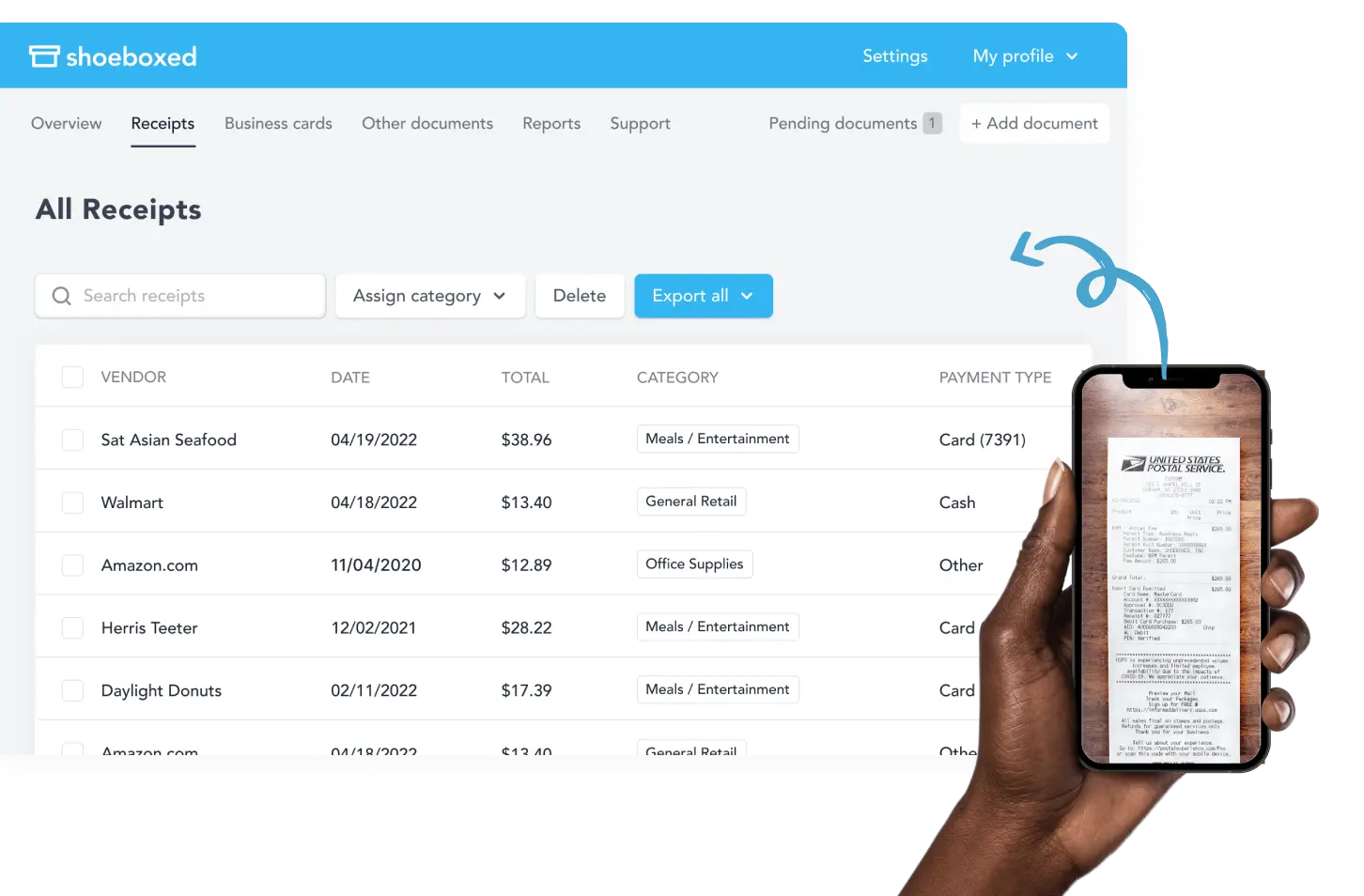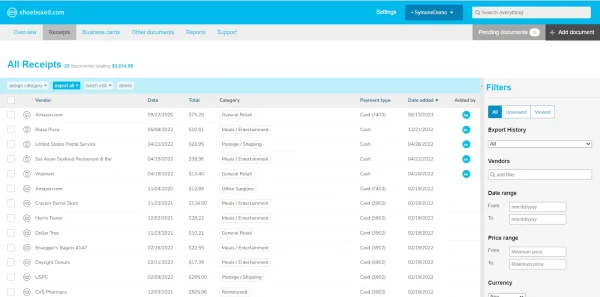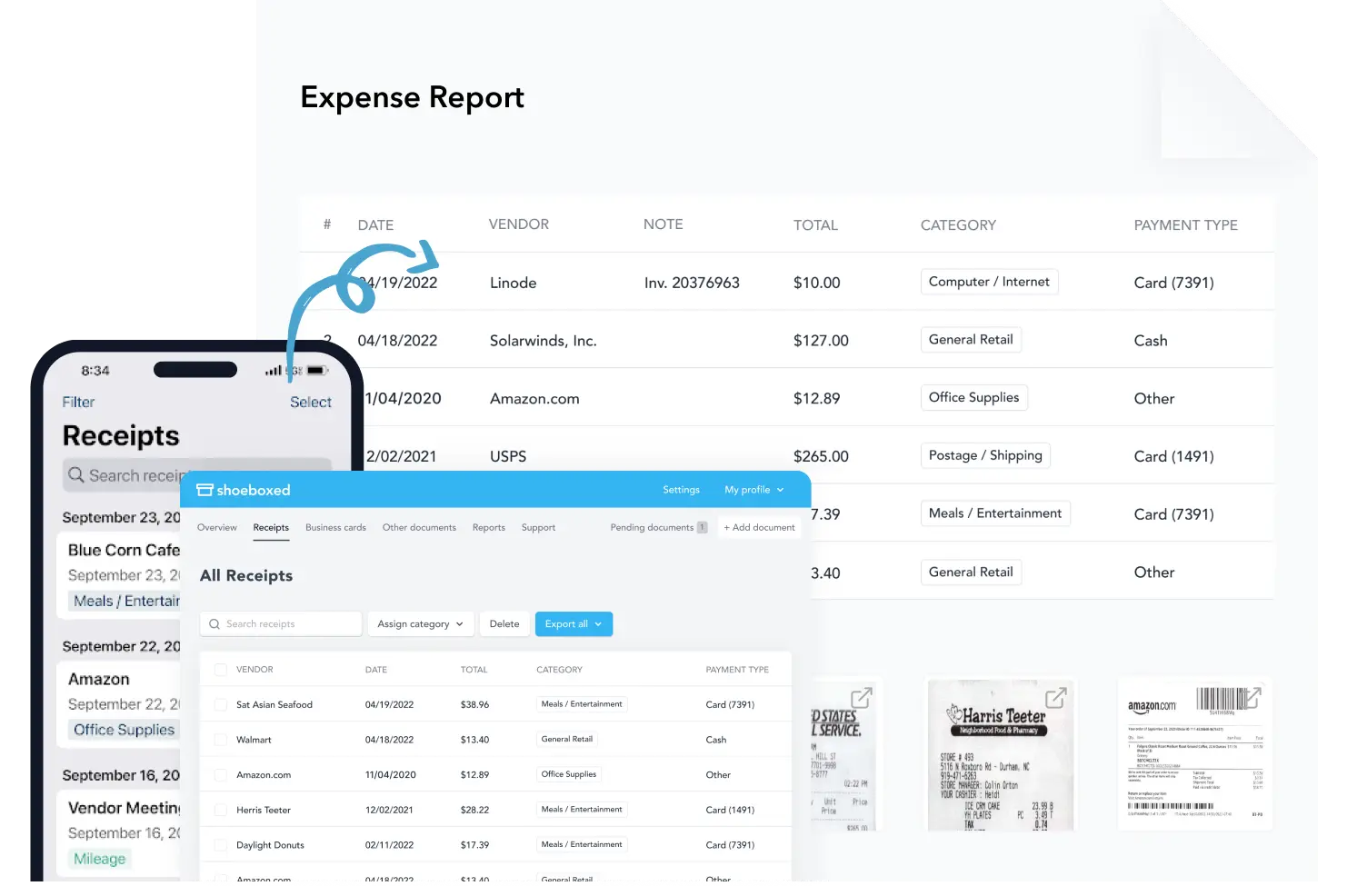Weddings are joyous occasions often marked by the exchange of gifts to celebrate the union of two individuals. However, many people wonder whether wedding gifts—whether given or received—are taxable.
The answer, which is outlined in the Income Tax Act, depends on several factors, including the value of the gift and who is giving it.
What is the gift tax?

The gift tax is a tax on the transfer of property by one individual to another while receiving nothing, or less than full value, in return.
The Internal Revenue Service (IRS) defines gift tax as a fee or percentage in monetary value that must be paid for a property transfer.
The giver, not the receiver, typically pays the gift tax.
Are wedding gifts taxable for the recipient?
The answer for the recipient of a wedding gift is generally no—wedding gifts are not considered taxable income by the IRS. Gifts are not treated as income, so you don’t need to report them on your tax return.
Whether it’s cash, a check, or a physical item, the value of the gift is irrelevant to the recipient’s income tax due obligations.
Are gifts taxable to the giver?

For the giver, it’s a bit more complicated. The IRS imposes a gift tax on individuals who give large gifts above certain limits.
Here’s how it works:
1. Annual gift tax exclusion
You can give each person up to $18,000 (2024) yearly without paying gift tax or $36,000 for couples.
2. Lifetime gift exclusions exemption
Gifts above the annual exclusion will count towards the lifetime gift and estate tax exemption of $13.61 million (2024) per person and $27.22 million for couples.
If your total gifts over your lifetime are under this limit, you won’t pay gift tax even if you exceed the annual exclusion in a given year.
3. Filing requirements
If your gift is over $18,000 to a person in a year, you must file IRS Form 709 to report the taxable gift. This doesn’t mean you’ll owe income tax, but it will count towards your lifetime exemption.
Gift tax exceptions
These gifts are not counted toward the annual or lifetime limits:
1. Gifts to spouses
Unlimited and no gift tax if both spouses are U.S. citizens.
2. Direct payments for education or medical expenses
Payments are made directly to an educational institution for tuition or to a medical provider for qualified expenses.
3. Charitable contributions
Charities are also exempt.
What about group gifts?
When multiple people give the same gift, each person is subject to the annual gift tax exclusion.
For example:
Three people gave $5,000 each to a $15,000 gift. None of them exceeded the $18,000 exclusion, so there was no gift tax.
What are some strategies for managing gift taxes?
There are some strategies for avoiding gift taxes.
You can reduce your gift tax by giving gifts to multiple individuals as long as each gift is under the annual exclusion.
You can also spread the gift over two or more years, keeping you under the annual gift exclusion.
Another way to avoid gift taxes is to pay vendors directly rather than giving money to the couple beforehand.
What about paying for the wedding directly?
Paying for the wedding directly is not subject to tax, as long as the amount is under the annual exclusion per person.
Gifts exceeding the annual exclusion may require a gift tax form to be filed.
Paying for the wedding directly can help avoid gift taxes.
What happens if you need to pay taxes on a gift?

If you need to pay taxes on a gift, you must file a gift tax return with the IRS.
The gift tax rate ranges from 18% to 40%, depending on the gift amount.
You may also need to pay capital gains tax on the gift if it is a taxable asset.
Reporting and disclosing gifts
You may need to report gift amounts if you give more than $18,000 in 2024 to a specific individual, even if you don’t owe taxes.
You will need to file a gift tax return with the IRS if you exceed the annual exclusion.
It’s recommended to consult a tax professional to ensure compliance with tax rules.
What are the tax implications for the couple?
The couple receiving the gift will not be taxed on the gift, unless it is a taxable asset.
The couple may need to report the gift on their tax return, but they will not owe taxes on the income earned from it.
The couple should keep records of all gifts received, including high-value gifts like houses or cars.
What is the best way to keep track of the value of wedding gifts?
You will need to track the values of wedding gifts for tax purposes, whether you owe anything or not.
The best way to do this is with Shoeboxed.
Shoeboxed - ideal for those looking for the best method to track taxable wedding gifts

Shoeboxed can help with financial documentation and tax compliance for wedding gifts.
While most gifts made are not taxable to the recipient, givers and recipients may want to use Shoeboxed to organize records, especially for large cash gifts or gift tax thresholds.
Here’s how Shoeboxed fits in:
1. Tracking cash gifts for tax purposes
Shoeboxed lets you digitize and organize cash transactions so gift-givers can track what they’ve given throughout the year.

To digitize the transaction, photograph the receipt with your phone's camera. The Shoeboxed app will automatically upload the picture to your designated Shoeboxed account.

Or, if you have a lot of receipts and don't want to scan them yourself, you can outsource them to Shoeboxed. Mail them via the free postage-paid Magic Envelope service, and they will scan, human-verify, and upload them to your account for you.
That way, you have all your receipts in one place, making them easier to keep up with and track. They're also automated, eliminating the clutter of paper receipts.
If the gift exceeds the IRS annual exclusion limit ($18,000 in 2024), Shoeboxed will ensure you have the documentation ready for filing Form 709.
Break free from paper clutter ✨
Use Shoeboxed’s Magic Envelope to ship off your receipts and get them back as scanned data in a private, secure cloud-based account. 📁 Try free for 30 days!
Get Started Today2. Organizing receipts for wedding expenses

Shoeboxed can digitize receipts and invoices so that the gift giver can categorize these transactions properly.
Shoeboxed extracts date, vendor, and amount using OCR (Optical Character Recognition), so you don’t have to enter data manually.
Shoeboxed automatically categorizes your expenses into tax-friendly categories.
Create custom categories to fit your own business needs so you can keep accurate records for tax prep or financial analysis.
3. Documentation for recipients
Recipients don’t owe taxes on wedding gifts, but having an organized record of gifts received can be helpful for personal budgeting or when reporting financial information for loans or other purposes.
Shoeboxed gives you a secure way to store those records digitally.
4. Tax prep made easy

Shoeboxed’s reporting features let users generate a summary of all gifts and transactions for a running total so both gift givers and recipients can review financial activity and prepare for tax season.
Example
A parent gives their child a $25,000 cash wedding gift.
Using Shoeboxed, they can:
Digitize the check stub or bank transfer.
Track and categorize the transaction for tax purposes.
Use the records to file Form 709 with the IRS so the gift is counted towards the lifetime exclusion.
Shoeboxed doesn’t change the tax rules for wedding gifts but makes it easier to document and manage financial records for gift tax purposes.
Whether you're a gift giver or recipient, Shoeboxed is your go-to for peace of mind.
Turn receipts into data for tax time ✨
Try Shoeboxed’s systematic award-winning approach to receipt tracking for tax season. Try free for 30 days!
Get Started TodayFrequently asked questions
Do I need to report a wedding gift I received to the IRS?
No, wedding gifts are not considered taxable income and do not need to be reported by the recipient.
What happens if I exceed the $18,000 annual gift tax exclusion?
You’ll need to file Form 709 to report the excess amount, but you likely won’t pay taxes unless you exceed your lifetime gift exemption.
In conclusion
Wedding gifts are a wonderful way to celebrate a couple’s special day, and in most cases, they are not subject to tax for the recipient. However, gift givers should be mindful of the IRS’s tax rules, especially for high-value gifts.
Understanding the annual exclusion and lifetime exemption allows you to give generously without unexpected tax implications. Always consult a tax professional for personalized advice to ensure compliance with the latest regulations.
Caryl Ramsey has years of experience assisting in bookkeeping, taxes, and customer service. She uses a variety of accounting software to set up client information, reconcile accounts, code expenses, run financial reports, and prepare tax returns. She is also experienced in setting up corporations with the State Corporation Commission and the IRS and is a contributing writer to SUCCESS magazine.
About Shoeboxed!
Shoeboxed is a receipt scanning service with receipt management software that supports multiple receipt capture methods: send, scan, upload, forward, and more!
You can stuff your receipts into one of our Magic Envelopes (prepaid postage within the US). Use our receipt tracker + receipt scanner app (iPhone, iPad, and Android) to snap a picture while on the go. Auto-import receipts from Gmail. Or forward a receipt to your designated Shoeboxed email address.
Turn your receipts into data and deductibles with our expense reports, including IRS-accepted receipt images.
Join over 1 million businesses scanning & organizing receipts, creating expense reports, and more—with Shoeboxed.
Try Shoeboxed today!



